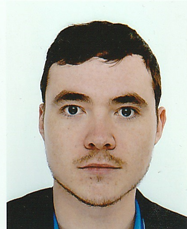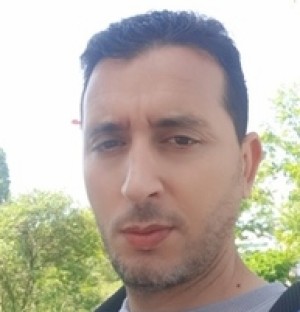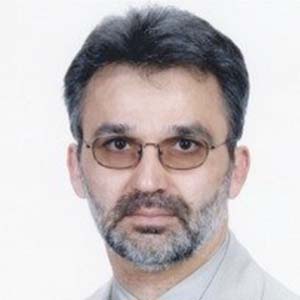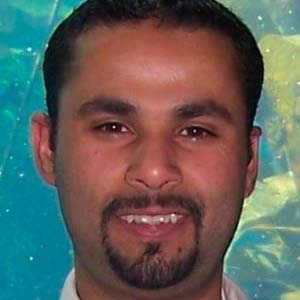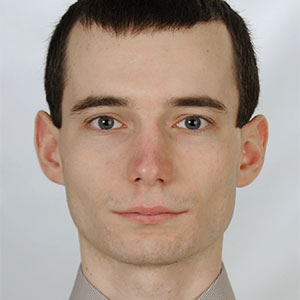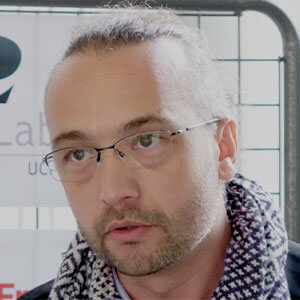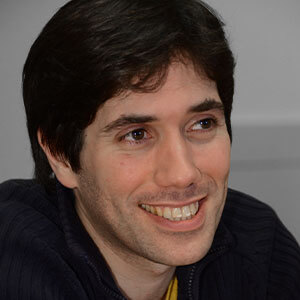Smart Embedded Systems
CELL
CELL is a multidisciplinary team working in the field of Electronics, Signal and Image Processing for the Modeling and Design of Reconfigurable, Communicating, Reliable and Intelligent Embedded Systems.
The CELL team is a multidisciplinary team in the field of intelligent embedded systems. It brings together academics from the fields of electronics (microelectronics, analog, digital and wave electronics), signal and image processing (computer vision in general) and computer science.
The work carried out in the team concerns fundamental subjects related to embedded systems (reliability, energy, reconfigurability, processing under computing resource constraints, non-conventional sensors, communication protocol) embodied through application projects in the fields of cultural heritage, health, safety, and communicating systems (IoT, autonomous vehicle).
Team
Research Engineer
PhD Student
MCF ENSEA
Chercheur associé
PhD Student
PhD student
PhD Student
PhD student
Enseignant-chercheur
Doctorant
PhD student
Enseignant-Chercheur à l'ESIEE-IT et Chercheur associé au laboratoire ETIS équipe Cell
PhD student
Doctorante
Enseignante-Chercheure
PhD Candidate
MCF, CY Cergy Paris Université, CELL Team representative
PU ENSEA
MCF, ENSEA
MCF, ENSEA
PU, CY Cergy Paris Université
MCF HDR, ENSEA
MCF HDR, ENSEA
Enseignant-Chercheur, CY Cergy Paris University, chercheur associé
MCF, ENSEA
MCF, CY Cergy Paris Université
PU, CYU.
CY, Associate Researcher
PU, ENSEA
Doctorant
See also
Research activities
CELL research is now divided into three scientific axes representing the two levels of activity of the team, namely an upstream technological level and an application level linked to the socio-economic fabric. These are addressing problems with societal stakes in line with the areas of expertise and values of the team.
Research axes
1
Flexible Communications
This axis focuses on “Green Communication” issues, in harness with the activities of the IoT platform (emerging technologies of networks of interconnections on a chip). This axis also tackles issues related to component reliability and the problem of “dirty RF” when improving the efficiency of power structures in communicating systems (5G).
2
Smart Embedded Systems
This research highlights the dual aspect of “Unconventional Sensors” and “Smart Embedded Processing” developed by the team in the team’s flagship application areas (IoT, Telecom, Health, Autonomous Vehicle). This axis addresses both hardware and data processing issues within the constraints of embedded systems.
3
Reconfigurable Computing
The activities of this axis are centred on the robustness of heterogeneous embedded systems to environmental disturbances in particular. More generally it also adresses energy and error correction codes in the context of communicating systems.
 Through these axes, the team is developing national and international collaborations that allow it to carry out ambitious projects in the fields of Security of communicating systems, Health, and Autonomous vehicles, financed by the ANR, the region, and local calls for projects (CY Initiative, ENSEA, CNRS).
Through these axes, the team is developing national and international collaborations that allow it to carry out ambitious projects in the fields of Security of communicating systems, Health, and Autonomous vehicles, financed by the ANR, the region, and local calls for projects (CY Initiative, ENSEA, CNRS).
The team’s partners are both academic, companies, through CIFRE theses for example, and from the ecosystem of local partners.
Research areas
Smart Embedded Systems for Health
Non Conventional Sensors
The Wizarde Project
Reliability and ECC
Circuits and RF Systems
To meet the constraints related to the emergence of new standards in communications systems (ICT, security, defense, space, …), new RF devices or architectures are study and design in this research activity.
Imaging database of daily movement activities
As part of three theses, we develop an artificial intelligence-based fall risk monitoring prototype based on the recording of a person’s daily activities via several sensors









